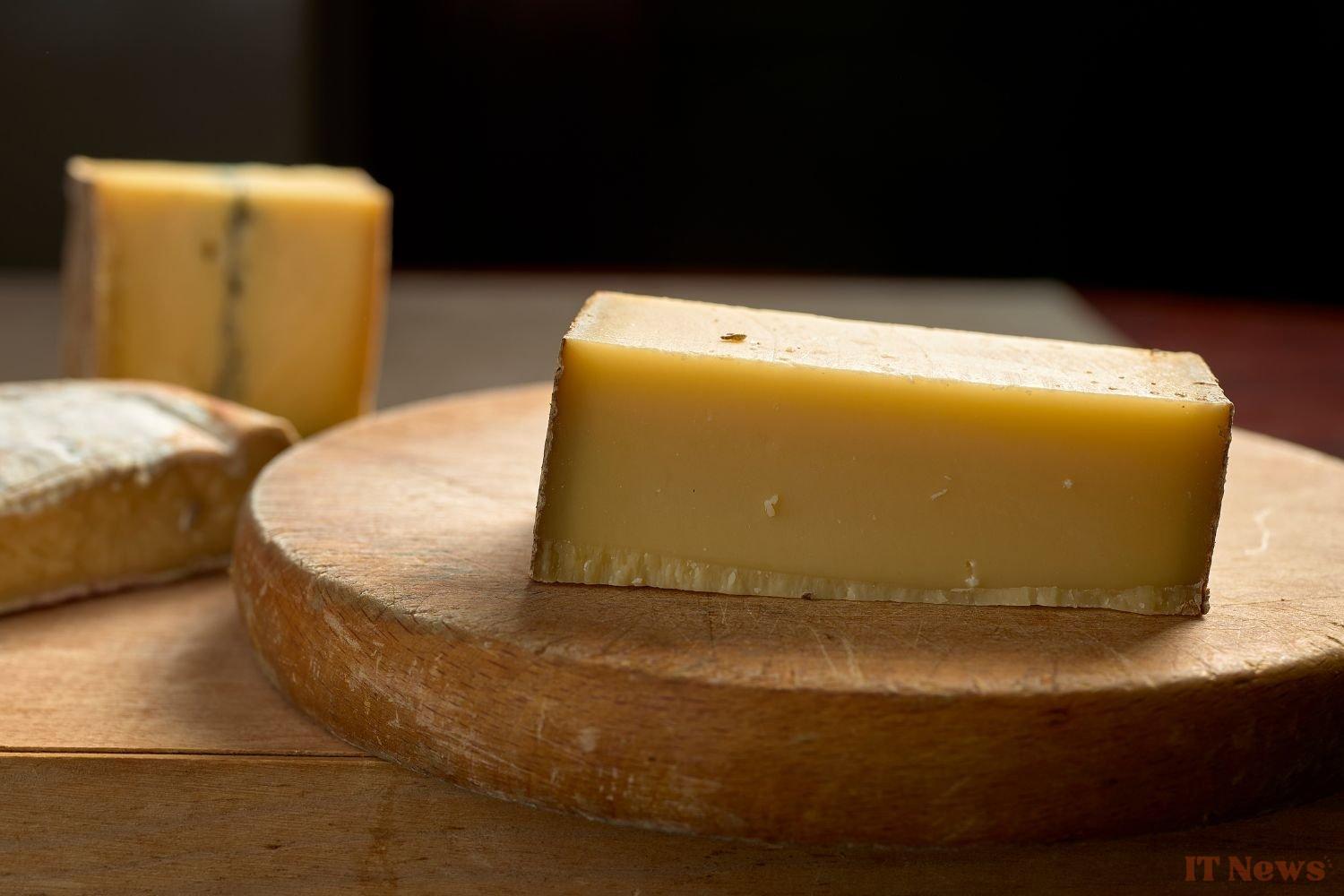We can no longer count on anything. Comté, the emblematic cheese of the Jura region, is at the heart of a heated controversy. The hard cheese is facing an environmental scandal. Several voices are being raised to denounce the industry's growing ecological footprint, while local stakeholders are defending the respect of traditional know-how.
A poop-strophic story
The main criticism leveled at the Comté industry concerns the pollution of rivers and soils in Franche-Comté. According to ecologist Pierre Rigaux and certain local groups, the intensive farming of Montbéliarde cows, whose milk is used to make Comté, generates significant quantities of manure. These load the soil with nitrogen and phosphorus, substances that end up contaminating the Doubs, Loue, and other rivers in the region.
The consequences are considered catastrophic, with the disappearance of 70% of fish according to Pierre Rigaux, and the transformation of rivers into "sewers" because of the slurry that promotes the proliferation of green algae and the general degradation of the aquatic environment. The situation is aggravated by the geological situation of the Jura: the high-altitude pastures rest on a porous subsoil, incapable of filtering pollutants before they reach the rivers.
Consequences for drinking water
Pollution from livestock farming dedicated to the production of Comté cheese would also have an impact on drinking water. The region's major cities, such as Montbéliard, Belfort, and Besançon, draw their water from rivers affected by this pollution, forcing municipalities to resort to heavy treatment to ensure drinkability.
Another point of contention concerns the rapid growth in Comté production: it has more than doubled in 30 years, from 30,000 tons in 1991 to 72,000 tons in 2024, 10% of which is now exported.
What future for the sector?
Faced with these accusations, Comté producers are defending their sector, highlighting specifications that are among the most demanding in Europe and the economic importance of the sector (14,000 direct and indirect jobs). However, environmental associations consider the efforts already made insufficient. They are now calling for a drastic reduction in production volumes, or even to stop exporting them to preserve the local character of the product.
The problem is that cheese inevitably pollutes. Greenhouse gas emissions linked to milk production, particularly the methane emitted by ruminants, weigh heavily on the environmental balance, especially in France, where there are more than 1,200 varieties of cheese. To reduce the bill a little without going entirely plant-based, it is however possible to rely on less energy-intensive alternatives, such as cottage cheese or soft cheeses.



0 Comments